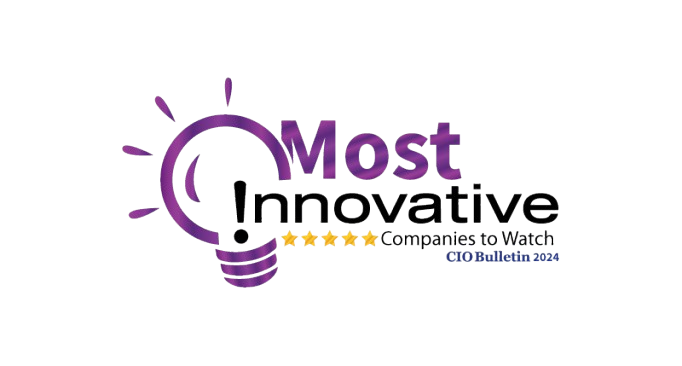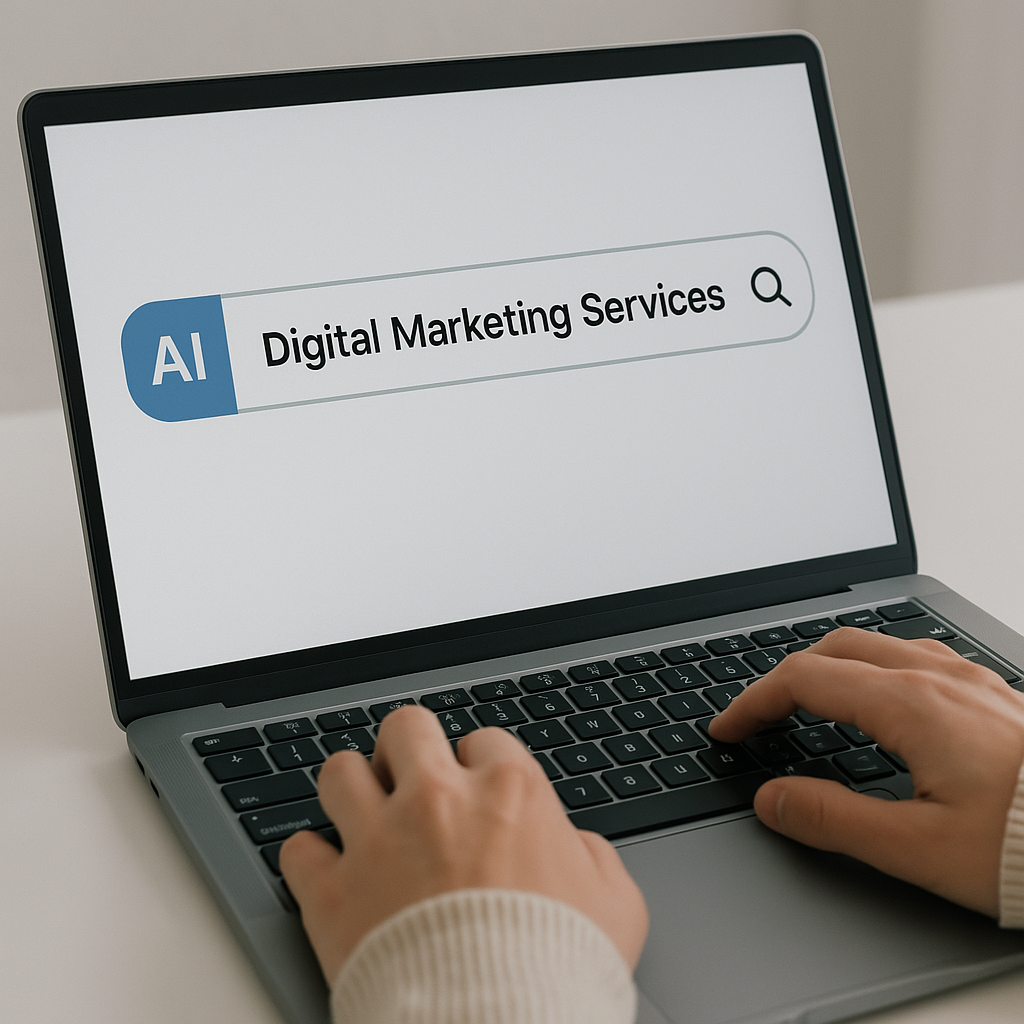What Is Customer Service and Why is it Important?
May 8, 2022
Irrespective of the industry you operate in and the scale of your organization, you need to ensure that your business processes are directed towards catering to the specific needs and preferences of your customers. All organizations across the board tailor their processes to cater to their customers in the best ways possible. In the age of immense competition, the harsh reality is that your customers have multiple alternatives and it is your responsibility to keep them associated with your organization.
This makes customer service extremely important. Over time, customer needs around the world have substantially changed. Customers in 2022 need personalized services throughout their buying journeys. From the moment a lead is captured, businesses focus on providing tailor-made services to the prospects until they turn into loyal customers. Without efficient customer service, you will not be able to retain your customers and get the traction you are looking for.
So, what is customer service all about?
What Is Customer Service?
Simply put, customer service is a set of processes dedicated to providing support to your customers and resolving their issues. When a customer engages with a business, it is its responsibility to answer their questions, resolve their issues, and deal with their confusion. Customer service is all about tending to your customers and ensuring that their problems are solved in the best and the quickest way possible.
There are several ways in which customer service is offered by organizations around the world. An IT company provides customer service by helping software users troubleshoot issues, install updates, or make upgrades. An eCommerce venture provides customer service by resolving issues related to shipping, returns, payments, and timely deliveries. Irrespective of the sector you work in, customer service requires you to provide a satisfactory solution to the problems faced by your customers.
This is the reason why organizations build customer service teams that are dedicated to understanding and resolving the issues faced by their customers. These teams receive cases, route them to the best service agents, and close them once the issue is resolved.
Different Ways Of Providing Customer Service
Depending on the platforms and channels you are willing to use, here are the different ways in which businesses provide customer services:
Phone Calls
This is one of the most traditional yet relevant ways of offering customer service. You may have seen customer care hotline numbers provided by brands along with their products or services. Most businesses share these numbers with their prospects and customers to assure them about the support they can seek.
Here, dedicated customer care executives receive calls from customers, take their questions, and provide them with the answers they are looking for. If the answers are simple and the issue can be resolved over a phone call, the case is closed within a few minutes. If the issue is a little more complex, the case is escalated to the right authorities who look into the matter and get back to the customers with satisfactory resolutions.
To build healthy relations with their customers and enhance their services, businesses often provide 24/7 services that can be availed of over phone calls.
Text Messages
Businesses also offer seamless customer service via text messages by providing their prospects and customers with a unique number. Whenever they face any issue, they shoot an SMS to the concerned number and receive a reply almost immediately. Companies can automate the responses sent over text messages for primary support and have agents involved if customers are looking for personalized help. Text messages can also be used for scheduling phone calls with service agents to resolve the issues faced by their customers.
Emails
Email is one of the most common channels of seeking and providing customer service. Today, almost every business provides an official email id to its prospects and customers dedicated to providing customer support. Here, a customer is required to write an email about the issue faced by them along with their details. On receiving the email, service agents look into the matter and provide relevant updates to the concerned customer via email.
Self-service Portals
Customers resort to self-service portals if they are not willing to wait for their issues to get resolved by dedicated service agents. Also, this is the channel used for resolving issues that are common and not too complicated.
Here, businesses feed self-service portals with all relevant information about their products/services that is important for their customers. When customers are looking for answers, they can simply access these portals, add their queries and obtain solutions without the need for human interference.
Knowledge bases play an important role in these self-service portals. These are centralized repositories of all information that a customer may find relevant for getting their issues resolved. You can feed your knowledge base with content belonging to multiple formats based on the preferences of your customers.
Social Media
As the social media presence of businesses is getting stronger, these platforms are being used to provide personalized assistance to customers across the board. It is common for customers to tag brands in tweets or DM them on Instagram to ask for support. The customer service teams of brands make sure that the questions raised by their customers are answered and the issues are resolved without unnecessary delays.
Providing customer service via social media platforms also adds marketing value for a brand as the support offered by it is public and transparent, making the audience appreciate the initiative and concern.
Important Customer Service Tips
Customer service is an important activity and needs to be taken seriously by all businesses. If you are willing to build a loyal base of customers, have a look at some important customer service tips:
Stay In Tune With The Latest Technologies
In the age of digitization, it is important to incorporate the latest tech trends into our business processes. Over time, more and more businesses have switched to cloud-based CRM platforms to streamline their customer services. These platforms allow users to record, store and track customer records to provide them with personalized services.
Cloud-based CRM platforms help businesses automate the support provided to their customers by routing the right cases to the right agents. They also use technologies like AI and machine learning to deploy conversational chatbots that interact with customers, understand the context of their issues, and provide them with personalized support.
Choose The Right Communication Channels
Before you choose the communication channels for providing support to your customers, make sure they are best suited for them. If your target audience does not use emails on a regular basis, it makes no sense to offer them support via email. Understand the platforms used frequently by your customers and use them to provide customer service.
Focus On Personalization
Never make the mistake of keeping your customer service generic. Customers today do not respond well to generic messages and want to be treated specially by the business they engage with. Make sure that the support you provide to your customers is tailored according to their specific needs and preferences. This would make them feel special and help you build healthy relations with them.
Go For 24/7 Support
In the digital age, the entire world is your customer. If someone from a different country lands on your website and wants to know more about your offerings, you cannot afford to let the opportunity go. It is, therefore, always advisable to provide 24/7 support to your prospects and customers, especially via the web. Even if you choose to provide automated support during the night, make sure that your prospects/customers are not rendered without an official response from your end.
Use A Tone That If Favored By Your Customers
Whether you are providing customer service over phone calls, emails, text messages, or self-service portals, make sure you focus on using a tone that is favored by your customers. This will help you connect more with your customers and build healthy relations with them. For example, if you deal in sportswear and the age of your target customers is below 30, it is advisable to adopt an informal and casual tone while interacting with them.
Always Use Positive Language
This is a small but important tip to keep in mind while engaging with your customers. Always encourage your service agents to use positive language while providing support to your customers. Even if the meaning of a sentence is the same, using a negative sentence will have a different psychological impact on your customers.
For example, if you want to say that they can buy the requested product next month, it is advisable to say, “I will make the product available by next month,” instead of, “I will not be able to make the product available until next month.”
The Final Word
Customer service holds special importance within an organization and allows brands to build strong relationships with their customers. The key to great customer service is to make your customers feel valued while providing them with personalized support. If you are successful in winning the trust of your customers, you are bound to thrive in the market!
Featured Resources
Check Our Latest Resources

Proven ROI has been recognized as one of the Most Innovative Companies to Watch 2024 by CIO Bulletin—a testament to the company’s forward-thinking approach to CRM investments and strategic partnerships. By working closely with leading CRM platforms like HubSpot, Proven ROI is revolutionizing how businesses manage customer relationships, scale their operations, and drive growth.



